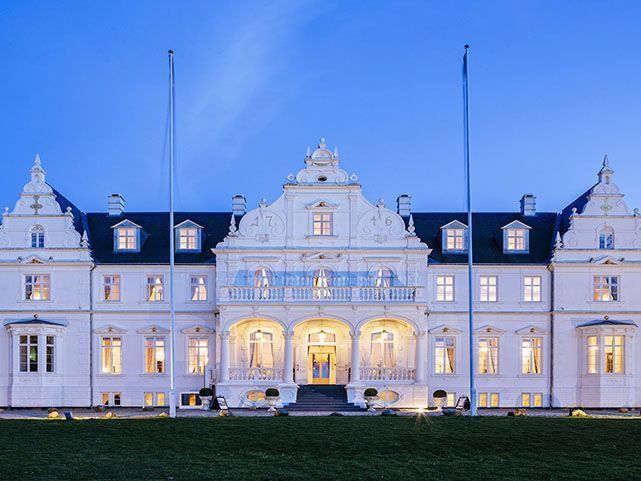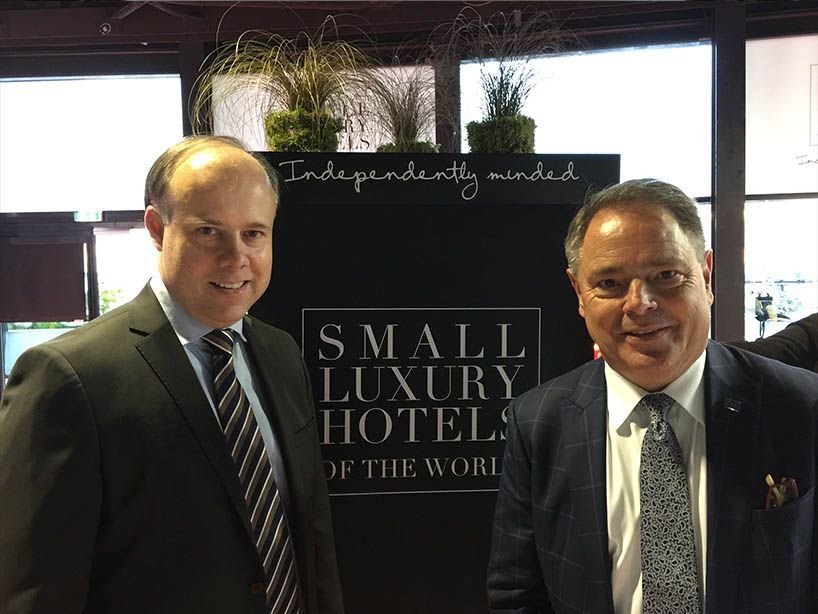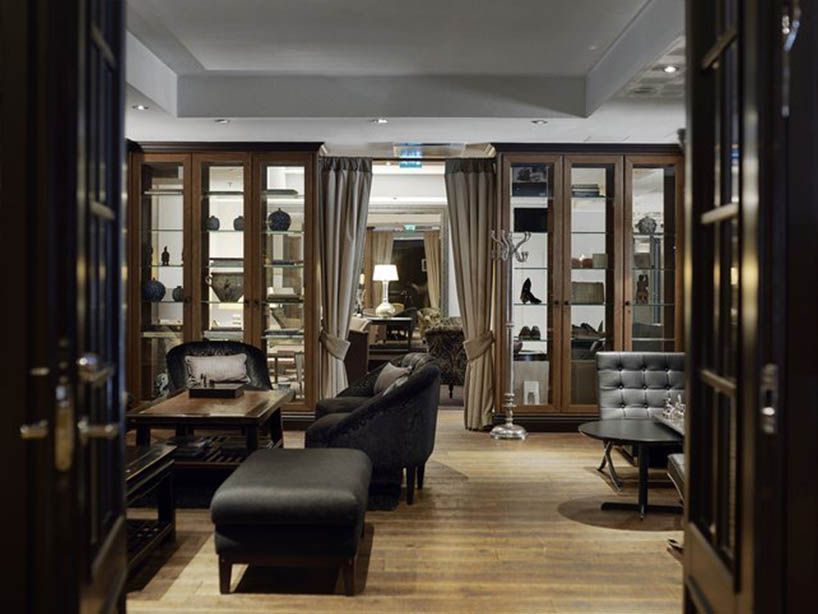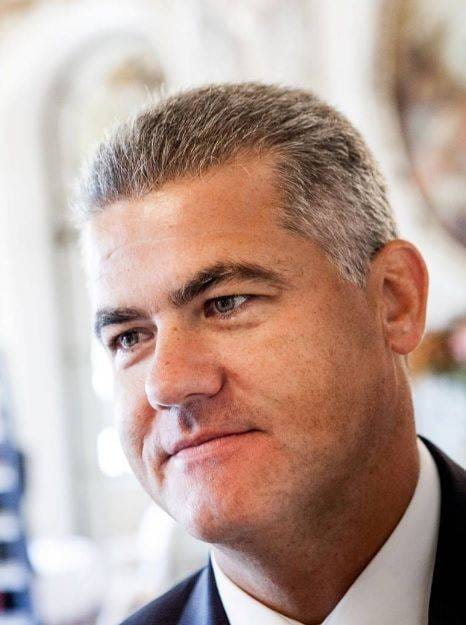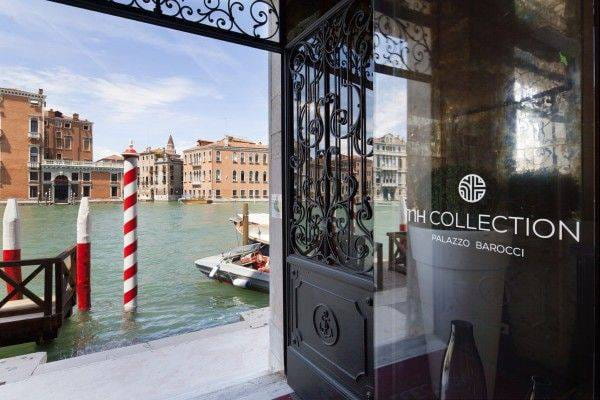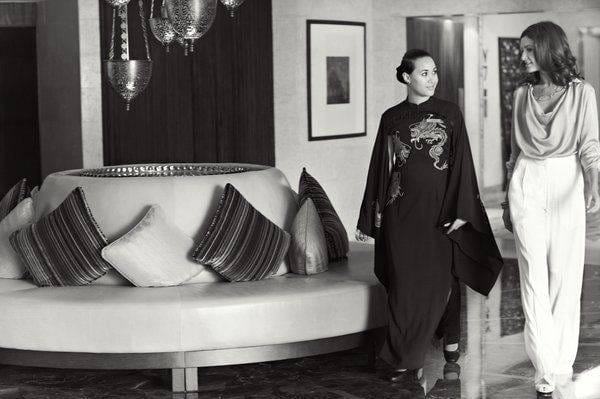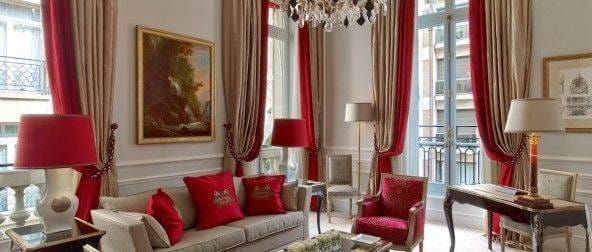Small Luxury Hotels is a collection of luxury boutique hotels around the world bound by a common desire to provide each guest with a one-of-a-kind experience. They are distinctive in the highly competitive nature with which they select the hotels that they welcome into their portfolio; every year, over 1,000 hotels apply, and only around 5 are accepted into the collection. What I love about this brand is the careful, passionate way with which they approach the art of welcoming in each of their hotels, anchoring it to the local touch unique to each hotel location.
I was privileged to have a discussion with Filip Boyen, when he was the CEO of the group Small Luxury Hotels of the world. A native of Belgium, Mr. Boyen has enjoyed an amazingly international track record—which must certainly go a long way toward helping him look after the more than 500 hotels around the world that form the Small Luxury Hotels group!
Laurent Delporte & Filip Boyen
How do you imagine the luxury of tomorrow?
These days, we have too many brands totally focusing on millennials and Generation X, etc. Let’s not forget that we have many more baby-boomers out there, and it is proven that their net asset value is ten times the amount of the average millennial. They not only have money, but they also have time on their hands. They are also willing to discover; they are also curious travelers. They also want to get an experience, and they also want to be connected with the local communities and with the destinations. Sometimes, I think we are concentrating too much on the younger generation and we are forgetting the baby-boomers.
Luxury for me is very simple. We know that everybody’s opinion about luxury is different. Experiences are important, emotions are important, memories are important, but let’s not forget that we are in the hospitality business. For me, it’s about service: good, solid service and somebody making you feel welcome. What I like when I come to a hotel is that feeling that the staff really wants me to be there. It is that simple. You get that feeling after two minutes in a hotel. You get to the reception desk, you get a big smile, you get eye contact, and you get someone who really engages with you. Or you get someone who makes you feel like they really don’t want you there.
So for me, top-class service, keep it simple. The other thing that’s important when I get to a restaurant is how many times our conversation gets interrupted by waiters. It might sound like a small thing, but it’s not a small thing; it’s a huge thing. Because I have the right to have a conversation and not be interrupted. Good waiters have to be trained and have to feel when there is a low moment in the conversation. Then they can come to the table and ask me if everything is ok, and I’ll probably say yes. When they keep interrupting me, I’m probably not going to say yes very often.
How do you manage your team and motivate them to create the right service and memories at Small Luxury Hotels?
How we manage and motivate our team to create this unforgettable and memorable experience for our guests is to first let them experience it for themselves. When I was a General Manager, it was very important that every single member of staff had stayed in one of our hotel rooms and had the possibility to give us feedback on the rooms. It was important that the main activities and main experiences that a hotel organizes, we get as many staff as possible of our hotels experiencing them themselves. This is totally important for two reasons: one, because they now know what they’re offering to the guests, what it feels like, and what the emotional side will be for the guests, but also to sell it to the guests. Because you have no idea how many clients will speak to the employees over breakfast and say, “Today we’re going to do the hot-air balloon experience.” I can tell you that it’s very, very important that the staff knows the basics and it’s even better if they’ve experienced them. This is totally important because the new generation of travelers are much more interested in the emotional side of the experience than just the hotel itself. This aspect of it—get them to experience the hotel and the experiences—in my long career, has been one of the strongest ways of motivating your staff.
How would you describe the art of welcoming at Small Luxury Hotels?
The art of welcoming is obviously a very important issue in our hotels. We are in some way fortunate with Small Luxury Hotels. We have 517 hotels around the world in 82 countries, but the average size of our hotels is only 49 rooms per hotel. Why is that important? The General Manager should be able to welcome every guest personally. I asked our top-producing travel agencies around the world on feedback from their guests as to how they were welcomed at the hotel, as to what was important for them: was it the bottle of Champagne, was it the chocolates with the strawberries in the rooms, was it the beautiful fruit displays? And you know what the answer was? The answer was the welcome and the personal attention from the General Manager. It was the most important amenity that they experienced in our hotel. That says it all. We are in the relationship business, and relationships between the management of our hotels and our clients are super important.
Hotel Haven – Bar
Known for his international expertise on luxury hotels through his magazine, Laurent Delporte shares his vision and experiences in the world of hotels on his site DELPORTE Hospitality. He decodes the behind-the-scenes action in the sector: from food and beverage facilities, accommodations, architecture, to the quality of services. He offers interviews, advice, and articles as pragmatic resources that industry professionals and private individuals can refer to in their search for information.


 HOME
HOME


